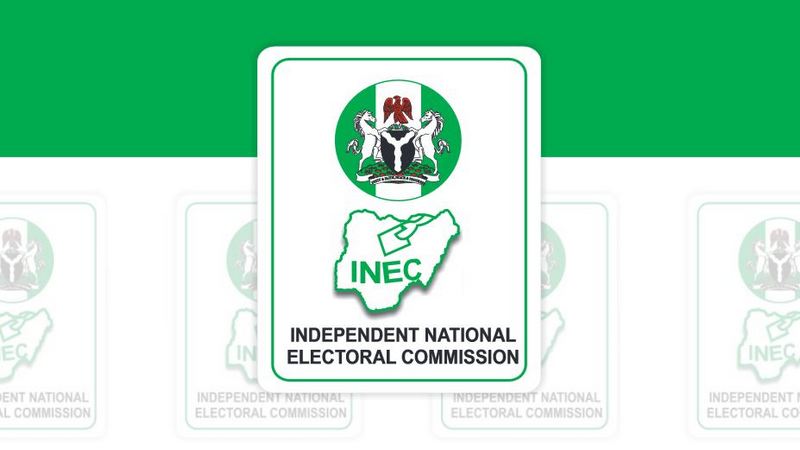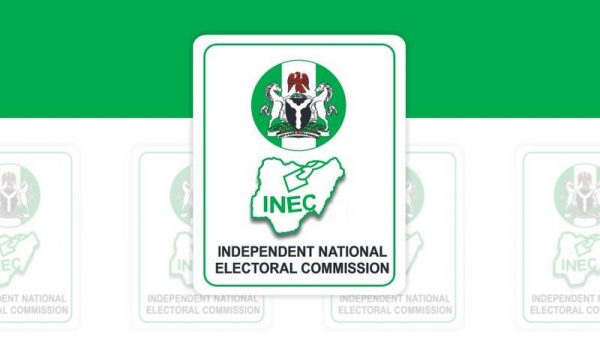INEC is an acronym for the Independent National Electoral Commission; an electoral body that was founded and guided by the 1999 Constitution of the Federal Republic of Nigeria and saddled with the responsibility of organizing the elections in Nigeria. These elections range from the regional to the general elections (local, state and federal levels). The commission also has the responsibility of overseeing the entire electoral processes, while ensuring that democracy in the country is rightly developed and established. INEC is guided by their mission and vision statement and values: a mission to be an independent and effective Election Management Body that is able to conduct fair, free, and credible elections in Nigeria. The vision, running parallel to the mission, is to be an effective Election Management Bodies that fulfills the aspirations of Nigerians.
Who was INEC’s First Ever Chairman in Nigeria?
The overall head of the electoral body is referred to as the Chairman of the Independent National Electoral Commission. Over the years, there have been quite a number of INEC Chairmen. The first ever Chairman of the Commission, at the point of establishment was Ephraim Omorose Ibukun Akpata, who was appointed in 1998 by the Gen. Abdulsalami Abubakar administration. Abubakar’s administration established the current Independent National Electoral Commission with the intent to organize and prepare Nigeria for elections as well as the re-introduction of democracy in 1999. The same election that saw Chief Olusegun Obasanjo become the civilian President of the Federal Republic of Nigeria after a long period of military rule.
At that time, Ephraim Akpata dealt with around 26 political organizations and associations. He also allowed for provisional registration for 9 political parties for 1998/1999 general elections, of which only 3 parties were eventually qualified to compete and contest in the State and National elections. These 3 parties were a function of so many coalitions by smaller groups and associations; an example of such was the People’s Democratic Party, which was a coalition of about 34 different groups.
The Man Ephraim Omorose Ibukun Akpata
Ephraim Akpata was born on the 15th of April 1927, in Edo State. A lawyer by profession and an academic product of King’s College, Lagos. Akpata as a Solicitor of the Federal Republic of Nigeria rose to the position of the Justice of the Supreme Court of Nigeria and retired in 1993 at the age of 65.
During his tenure at the helm of affairs at INEC, He allowed for foreign election observers and monitors from the Carter Centre in the United States, as well as the National Democratic Institute to participate in overseeing and evaluating the electoral process. He was also favorably disposed to their offer to train thousands of local observers for the sake of the elections. Akpata was also a strong proponent of National unity, which was evidenced by his decision to blur the lines of ethnic divides during the build up to the elections in 1999. To achieve this, he stipulated that only parties with broad based national support would be allowed to contest the elections. His position was that, political parties must win local government electoral seats in at least ten states to qualify for the gubernatorial, state assembly, national assembly and presidential elections.
Justice Ephraim Akpata had at least, these two books to his name: Justice for all and by all, published in 1994 by B & C Publishers and The Nigerian Arbitration Law in Focus, published in 1997 by the West African Book Publishers.
Ephraim Akpata was INEC Chairman between 1998 and 2000. He died on the 8th of January 2000 at the age of 72.
References:
Robert A. Dibie (2001). The Politics and Policies of Sub-saharan Africa. University Press of America.p.55
Featured image source: inigerian.com


